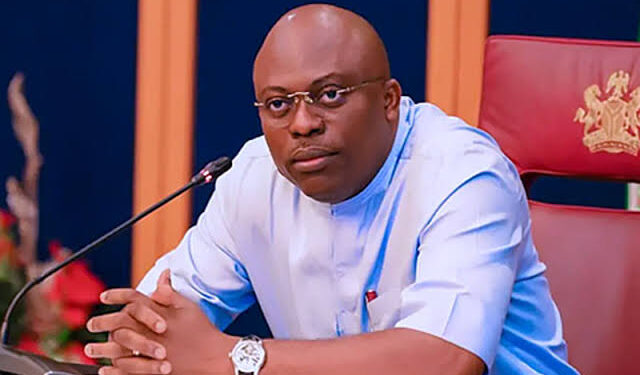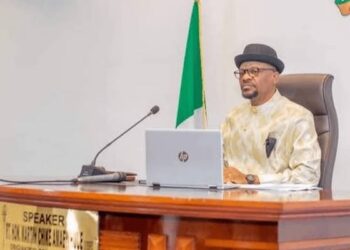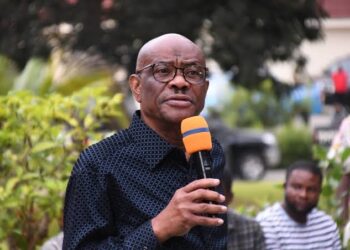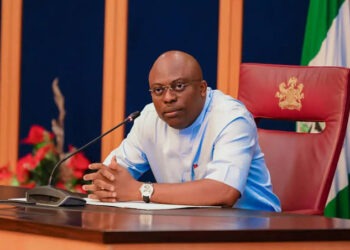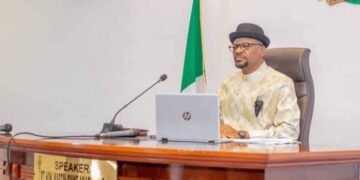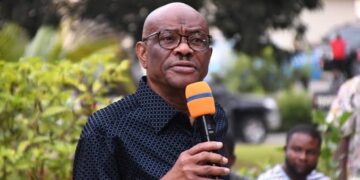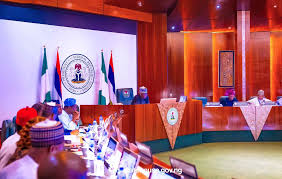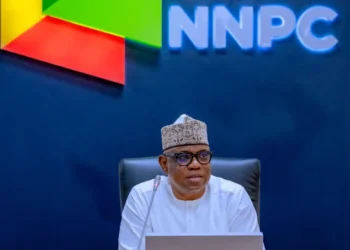In light of the recent closure of the 23 local government councils by law enforcement, the Governor of Rivers State, Siminalayi Fubara, has instructed the councils to carry out their operations from different administrative offices.
This decision was made after the police prohibited the newly appointed caretaker chairmen from entering their workplaces, citing the importance of avoiding additional violence and upholding order.
Tensions in Rivers State heightened following a confrontation on Tuesday between supporters of Governor Fubara and those of his predecessor, Nyesom Wike, who currently serves as the Federal Capital Territory Minister.
The clash, which led to the fatalities of a police officer and a member of a local security group in Omuma Local Government Area, is the most recent development in an ongoing feud between the two political figures.
The discord dates back to late last year and has involved events such as the bombing of the state House of Assembly and an endeavor to impeach Governor Fubara by legislators loyal to Wike.
The immediate cause of the current strife was the conclusion of the three-year term of the 23 local government chairmen on Monday.
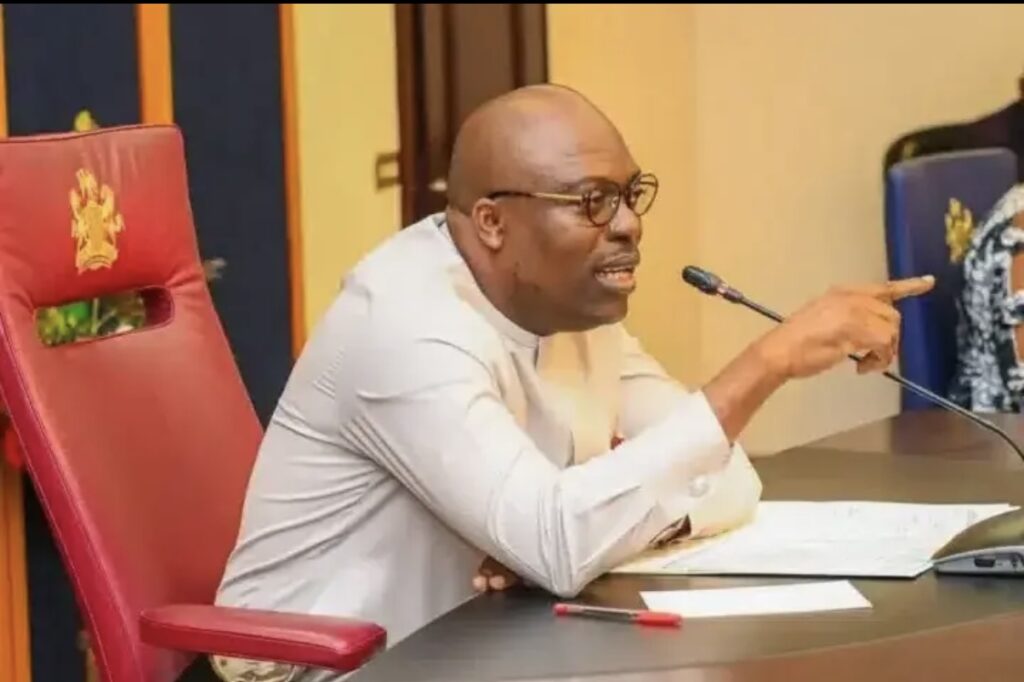
The outgoing chairmen, supported by a local government amendment law enacted by the Martin Amaewhule-led House of Assembly, attempted to prolong their mandates by six months due to the governor’s failure to conduct local government elections.
In response, Governor Fubara appointed temporary chairmen, who were inaugurated on Wednesday.
Speaking to the newly appointed caretaker committee chairmen, Governor Fubara instructed them to function from any suitable location while the council offices remained inaccessible due to the police blockade.
Fubara justified his appointment of the caretaker chairmen as a defense of democracy, asserting that the endeavor to extend the tenure of elected officials was in violation of the Nigerian Constitution.
He also mandated an immediate examination of the financial records of the 23 councils to ensure transparency and accountability.
The state police command, under Commissioner Olatunji Disu, had assumed control of the local government offices to prevent further unrest.
Disu clarified that the action was essential to prevent clashes between the opposing factions.


